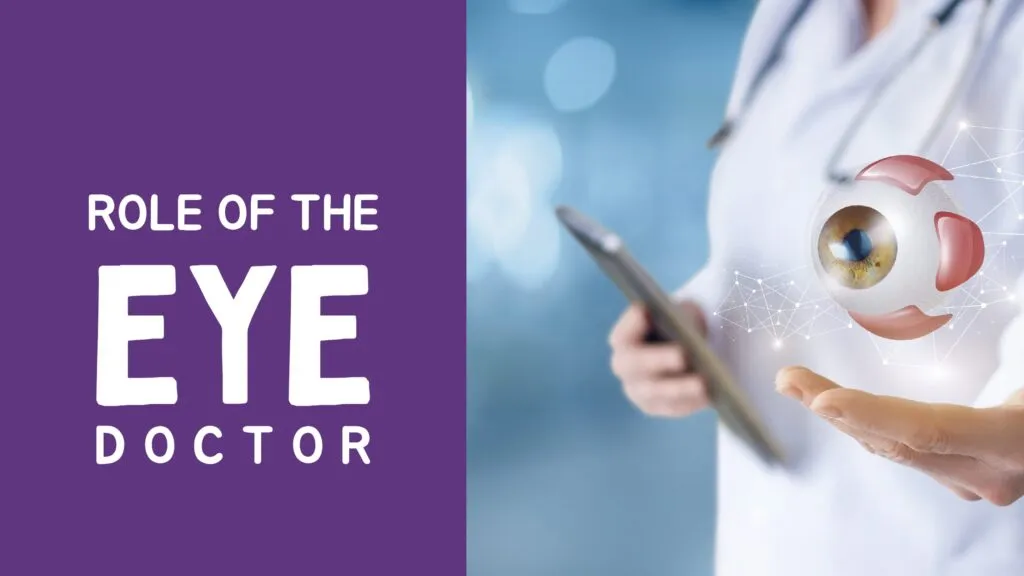Glaucoma is an eye condition that, if left unchecked, can cause irreversible damage to the optic nerve, ultimately leading to blindness. With nearly three million people in the United States affected by this condition, early detection through regular screening is critical.
The significance of glaucoma screening round rock should not be underestimated, as it represents a comprehensive approach to detecting and managing the condition.
In this article, key aspects of glaucoma screening will be discussed to help you understand the role of eye doctors in this process.
The Importance Of Regular Glaucoma Screening
It’s crucial to undergo regular glaucoma screenings to detect the condition in its early stages. Glaucoma often progresses without symptoms, making early detection vital. Eye doctors use advanced diagnostic tools to assess eye pressure and the health of the optic nerve.
The screening results help doctors provide personalized treatment plans to prevent or slow down the progression of glaucoma. Remember that prompt action can protect your eyesight and ensure a higher quality of life.
Understanding The Glaucoma Screening Process
As you prepare for glaucoma screening, knowing what to expect during the screening process is essential. Eye doctors will first review your medical history to identify potential risk factors.
Then, they’ll conduct a series of tests, including:
- Measuring intraocular pressure: This test, known as tonometry, involves measuring the pressure inside your eye. Elevated intraocular pressure can be an indication of glaucoma. The eye doctor uses a special instrument that gently touches the eye’s surface to obtain the measurement.
- Examining the optic nerve: It’s carried out through an ophthalmoscopy test. The eye doctor uses a magnifying lens and light to inspect the back of the eye, including the optic nerve. The appearance and color of the optic nerve can reveal signs of glaucoma or other eye conditions.
- Assessing your field of vision: Known as perimetry, this test evaluates the range of your peripheral vision. A reduction in the visual field can be an early sign of glaucoma. During the test, you’ll be asked to focus on a central point and respond to lights that appear in your peripheral field.
These quick and painless tests give the eye doctor the information needed to evaluate your health. Further tests may be recommended if the results indicate a higher risk for glaucoma.
Transitioning to the next section, it’s important to discuss how eye doctors play a pivotal role in the comprehensive approach to glaucoma screening.
The Pivotal Role Of Eye Doctors
Eye doctors are indispensable in the fight against glaucoma. Their expertise and access to cutting-edge technology enable them to diagnose the condition accurately. Once diagnosed, they can recommend a course of action, including medication, laser treatment, or surgery.
Additionally, eye doctors offer advice on lifestyle changes that can positively impact eye health. They also educate patients on adherence to treatment plans and regular follow-up visits.
In case of any concerns or side effects from medication, it’s the eye doctor that you need to consult. Their guidance can make the journey of managing glaucoma much smoother.
Empowering Yourself Through Education
Knowing about glaucoma isn’t enough; empowering yourself through education is important. Understanding the risks, treatment options, and the importance of regular screenings is crucial. By staying informed, you can make better decisions regarding your eye health.
Don’t hesitate to ask questions during your visit to the eye doctor. Knowledge about glaucoma, its risk factors, and prevention methods can be your best defense against this eye condition.
Engage in community programs or attend seminars focused on eye health. Such activities can provide valuable insights and help create a support network for glaucoma patients.
Establishing A Partnership With Your Eye Doctor
Transitioning to the next crucial aspect, it’s vital to understand the significance of establishing a partnership with your eye doctor. Such a partnership is more than just attending scheduled appointments; it’s about active engagement in maintaining and improving eye health.
Share your concerns and experiences with your eye doctor, as this helps tailor a treatment that best fits your needs. Trust your doctor’s expertise and be open to following the recommendations.
Consistent communication with your eye doctor is also important. Should there be any changes in your vision or general health, don’t hesitate to keep them informed. This partnership can be a cornerstone in effectively managing glaucoma.
Lifestyle Adjustments For Eye Health
With a clear understanding of the condition and a strong partnership with your eye doctor, focus on lifestyle adjustments that can benefit your eye health. Certain changes in daily habits can have a significant impact.
For example, adopting a well-rounded eating plan that includes a variety of foods high in antioxidants and omega-3 fatty acids is beneficial for the well-being of your eyes. Regular exercise is also beneficial, but avoid activities that strain the eyes or elevate intraocular pressure.
Moreover, manage your stress levels, as chronic stress can adversely affect eye pressure. Explore relaxation techniques like deep breathing or yoga to alleviate stress.
It’s also important to be mindful of medication intake, especially for those with other medical conditions, as some medications may affect intraocular pressure.
Conclusion
In conclusion, taking a comprehensive approach to glaucoma screening round rock involves regular screenings, understanding the screening process, and more.
Eye doctors play an essential role in the detection and management of glaucoma. By staying informed and actively participating in your eye care, you can take vital steps to safeguard your vision against the effects of glaucoma.

